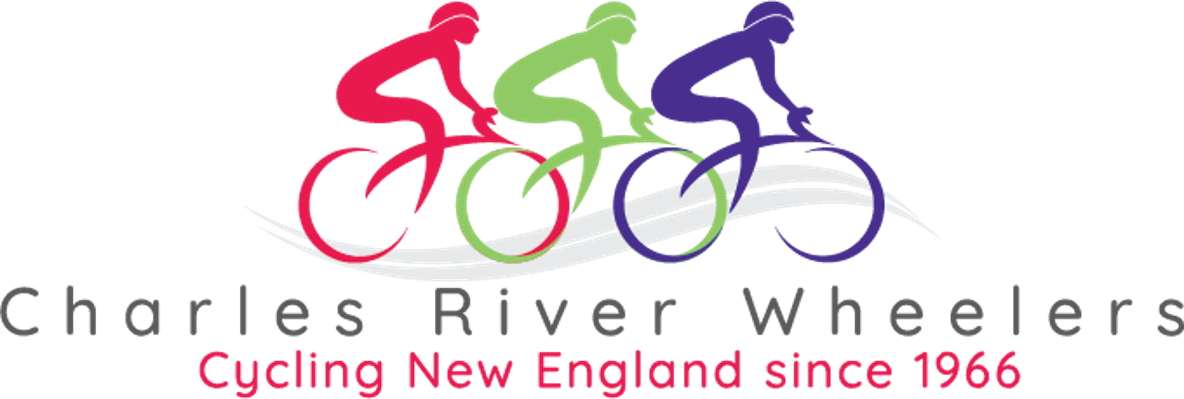
WheelPeople Newsletter
News, ride stories, and announcements from the Charles River Wheelers community.
WheelPeople Newsletter
Find & Browse
Select a newsletter edition to view its articles.
Charles River Wheelers |

WheelPeople NewsletterNews, ride stories, and announcements from the Charles River Wheelers community. WheelPeople NewsletterFind & BrowseSelect a newsletter edition to view its articles.
|